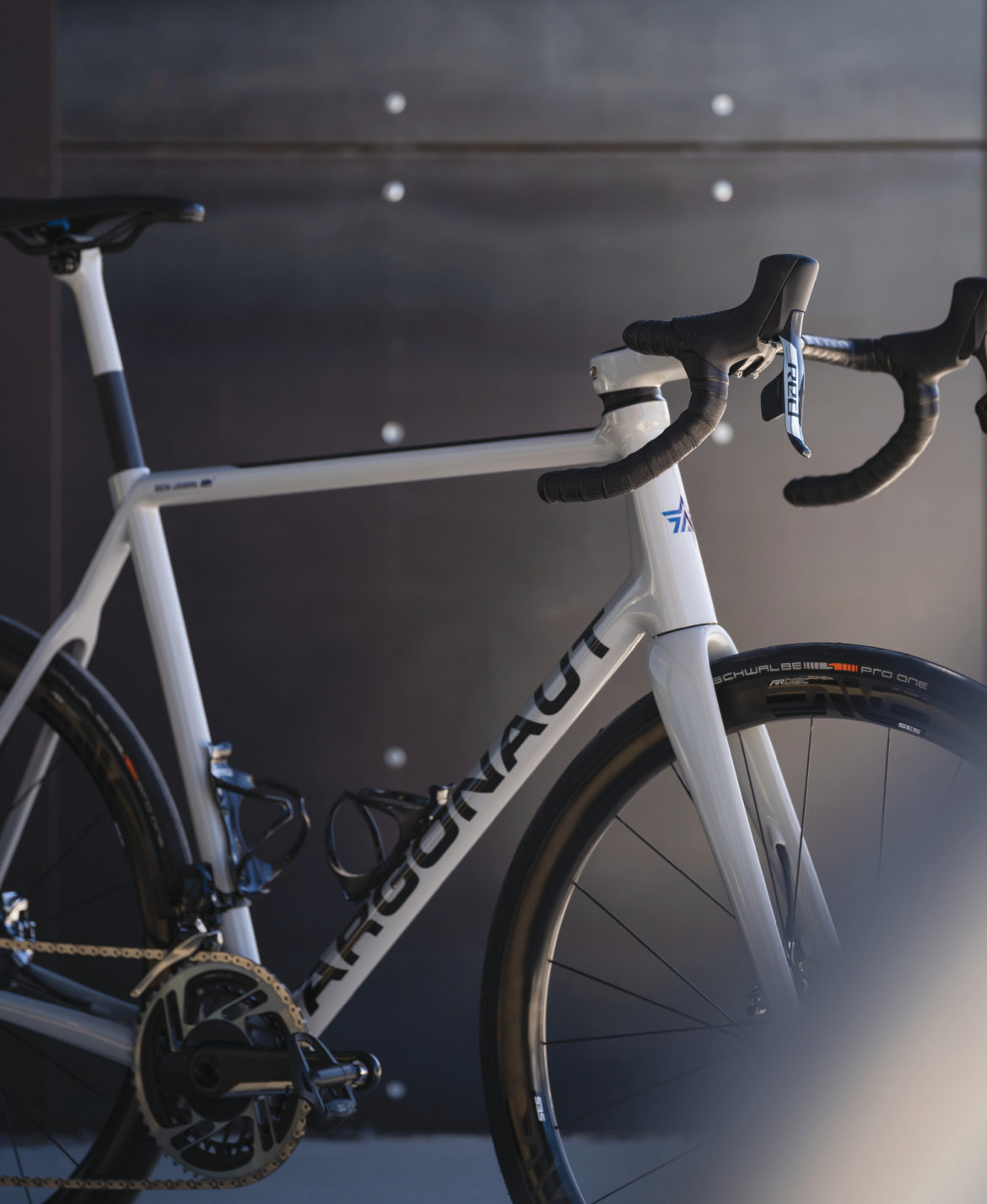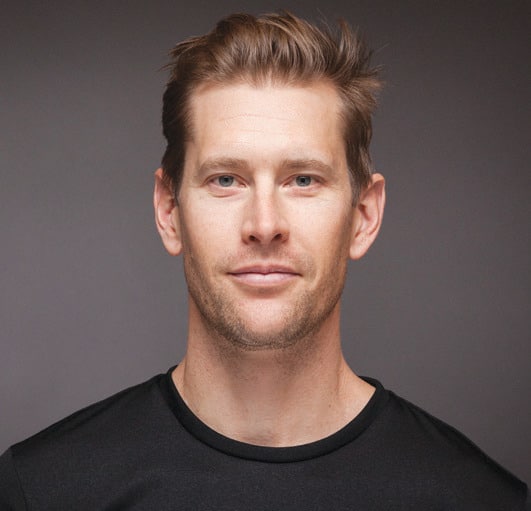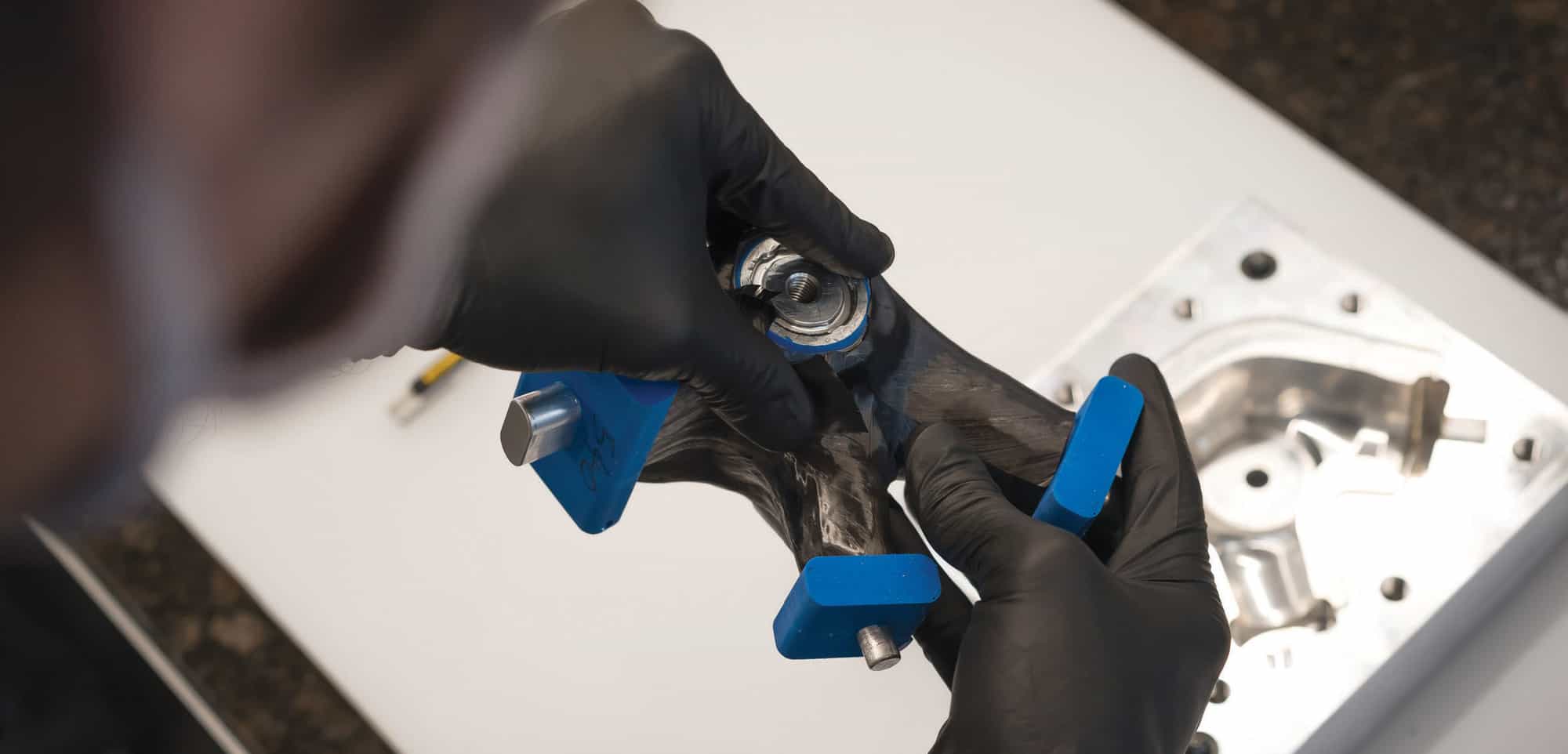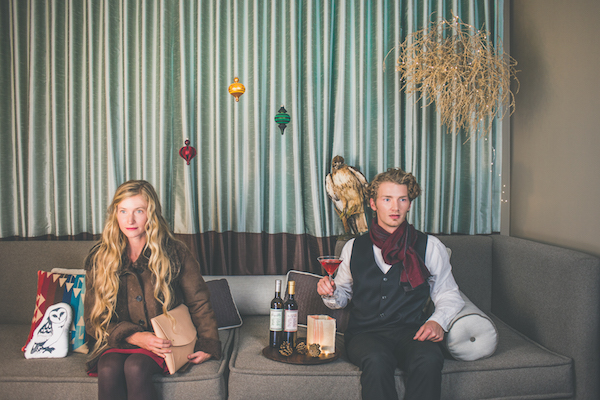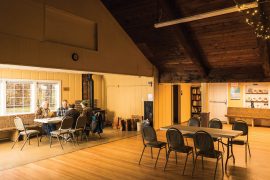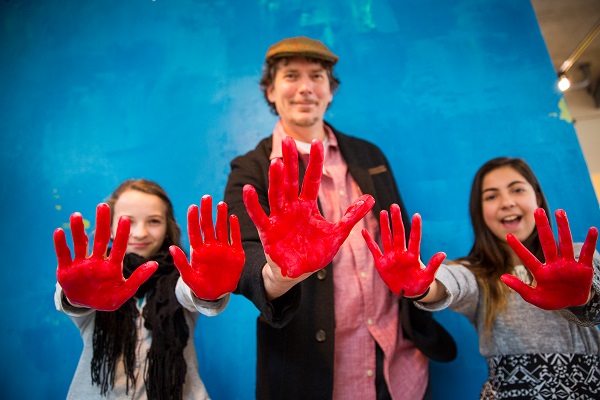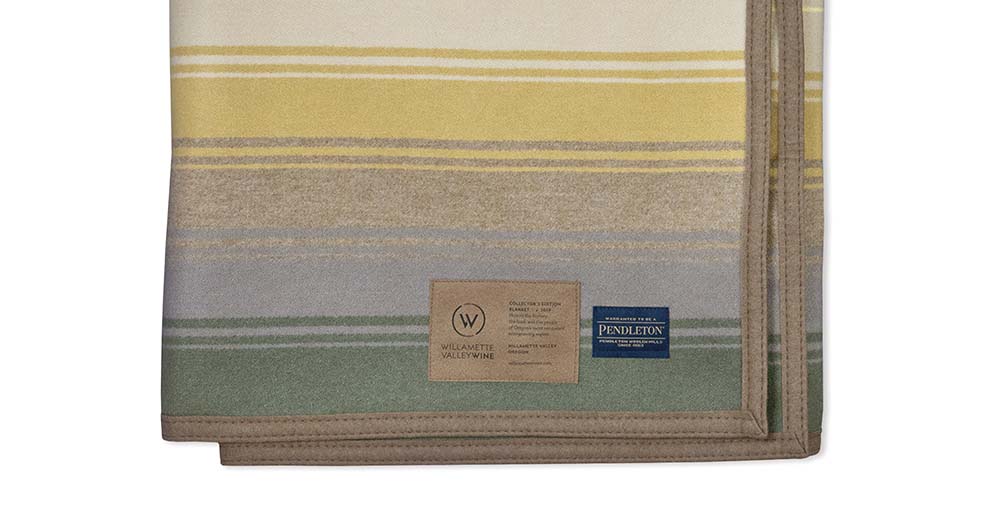Argonaut Cycles drives a carbon manufacturing and aesthetic revolution
Written by Kevin Max
The Argonaut Cycles bike manufacturing space in Bend may seem like many other modern maker spaces in Oregon—a stylish small array of furniture, an espresso machine, the latest craft Pilsner from a local brewer and a large screen TV to watch the Tour de France and other cycling events.
Then there’s the Argonaut bike that, while motionless on a stand, feels like speed interrupted. Its lithe carbon frame has an appearance so clean and smooth that it feels as if no manufacturing process was involved in its creation. Indeed, none of this was accidental.
“I wanted more control over the material and more ability to differentiate,” said Argonaut founder and owner Ben Farver. When he first started making bikes in Portland in 2007, Farver was working with steel frames and what he describes as a lot of “sameness” in the industry.
After moving with his young family to Bend in 2014, Argonaut became the vehicle for differentiation in both appearance and manufacturing. Behind Argonaut’s sleek bikes are manufacturing processes that speed customization and improve overall stability of the carbon frames through a process called trapped rubber molding used for aerospace parts. Trapped rubber molding is a process that allows the heated carbon parts to be put under high pressure and eliminate air between layers of carbon while keeping all of the carbon resin intact.
Typically carbon frames are made through a bladder molded process, which doesn’t completely seal the part when curing, allowing for resin to be pushed out of the mold and for imperfections to creep in.
“Trapped rubber molding is not done because you need expensive tools,” Farver said. “I sort of figured out that by 3-D printing the molds for the mandrels, we take out the C&C tooling step and then we take out the need for that provider and get the added benefits of trapped rubber.”
With differentiation, however, comes new obstacles. “With carbon and doing custom layup patterns and doing everything in house, we’re doing everything for the first time, so we have to rigorously test everything that we do,” said Farver.
With this new process in place, though, Argonaut began making an average of four frame sets per month in 2014. As demand grew and Argonaut expanded its capacity, it now averages between ten and twelve custom frames per month. The bike frame, fork and stem cost $6,250, a complete custom build, $7,500 and the finished bike $14,500 to $15,500.
Over the next few years, Argonaut still has room to grow without compromising quality. “This year we’re on pace for 150 frames,” Farver said. “We’re hoping to get to 200 frames next year. We have room to expand and still be in the high-end niche that we’re in.”
The small startup in Bend is testing a newly designed gravel bike that will likely create buzz at the starting line of gravel races across the country and perhaps increase demand to reach that number.
“With carbon and doing custom layup patterns and doing everything in house, we’re doing everything for the first time, so we have to rigorously test everything that we do.”
— Ben Farver, Argonaut Cycles founder and owner


